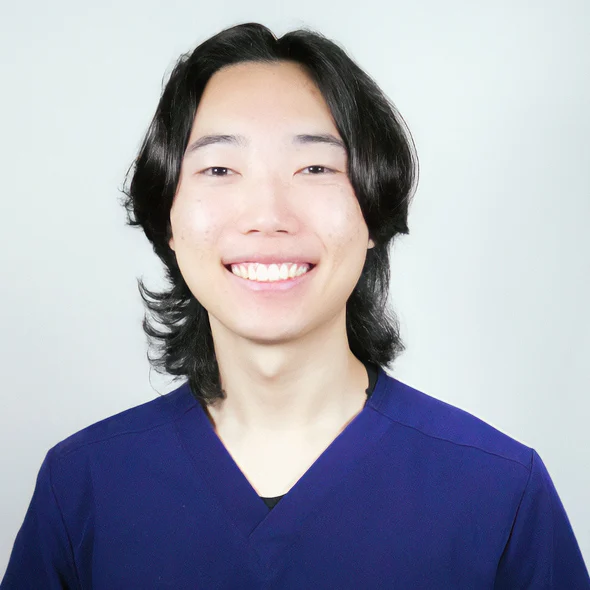How Your Diet Affects Your Gut Microbiome
Did you know that your diet directly influences your gut microbiome? Most people understand that eating fast food every day isn’t healthy, but few realize how it impacts gut health. A poor diet doesn’t just lead to weight gain—it can also disrupt essential functions in the body and contribute to long-term health issues.
A high-fat, high-calorie diet decreases gut microbe diversity and increases harmful bacteria linked to obesity, inflammation, and metabolic disorders. The more diverse your gut microbiome, the better your overall health. Since the gut microbiome regulates fat storage and nutrient absorption, a lack of diversity can impair digestion and metabolism, leading to energy imbalances and chronic inflammation.
But digestion isn’t the only function of your gut microbiome. It also plays a crucial role in immune function and brain health.
How is the Gut Microbiome Connected to Mental Health?
Your gut and brain constantly communicate through the gut-brain axis. The microbiome produces neurotransmitters like serotonin and dopamine, which influence mood, stress levels, and cognitive function. When gut bacteria become imbalanced due to poor diet, it can contribute to anxiety, depression, and brain fog. Studies show that people with a diverse gut microbiome often experience better mental health, improved focus, and emotional well-being.
What Diet Supports a Healthy Gut?
Eating a variety of whole foods helps maintain a balanced microbiome. Fiber-rich foods, such as fruits, vegetables, and whole grains, support beneficial gut bacteria. Fermented foods like yogurt, kimchi, and sauerkraut provide probiotics, while prebiotics (found in foods like garlic, onions, and bananas) help nourish good bacteria. Reducing processed foods, added sugars, and unhealthy fats can prevent imbalances that harm gut health. Drinking plenty of water also supports digestion and helps maintain microbial balance.
By making mindful food choices, you can support not only your digestion but also your mental and overall well-being, leading to a healthier and more vibrant life.







